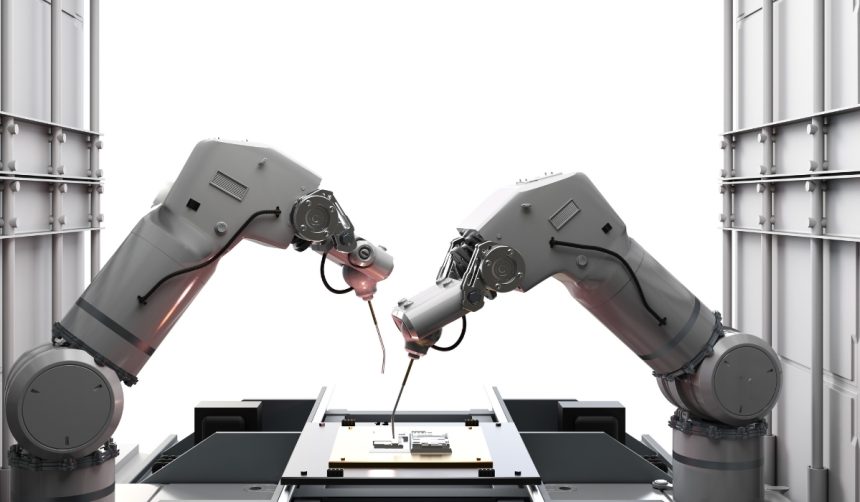The hospitality industry is witnessing a shift towards automation with the introduction of service robots like JEEVES from Robotise Technologies. JEEVES is designed to autonomously navigate hotel environments, aiming to replace up to 300 traditional minibars. This innovation not only simplifies logistics but also enhances guest experiences by providing on-demand services. Robotise has equipped JEEVES with igus GmbH’s E2.10 e-chain cable carriers to ensure reliable performance and durability, addressing typical issues such as cable bending and breakage.
Fortune Business Insights recently valued the global service robotics market at $16.35 billion in 2022, predicting growth to $62.35 billion by 2030. Despite the promising outlook, maintenance costs, which can range from $250,000 to $10,000 annually, remain a critical challenge. JEEVES represents a strategic move within this evolving market, emphasizing reliability and customer satisfaction through its advanced components.
Robotise designs JEEVES for robustness
While developing JEEVES, Robotise Technologies identified key areas prone to mechanical issues, such as excessive cable bending and freezing. To mitigate these risks, the company incorporated igus’ E2.10 cable carriers, known for their durability and resistance to wear. This decision was pivotal in preventing potential dissatisfaction among hotel guests due to malfunctioning robots.
Launching in 2015 at the Technical University of Munich, Robotise initially targeted airports, care homes, and hospitals before focusing on hotels. With JEEVES, hotels can centralize minibar services, reducing the need for individual room minibars. Guests can request items via phone or app, and JEEVES navigates autonomously using laser systems, 3D cameras, and sensors. Upon arrival, guests are notified, and can then select and pay for their items through a touch display.
igus cable carriers are a critical component
“A faulty robot waiter would immediately lead to resentment of the guests,” noted Clemens Beckmann, head of engineering at Robotise Technologies. “That’s why we attached great importance to making JEEVES as reliable as possible.”
igus GmbH’s E2.10 e-chain cable carriers are integral to JEEVES’ functionality, ensuring smooth operation by guiding energy and data cables effectively. The E2.10 series features high-performance plastics that resist wear and function across a wide temperature range. This design choice reduces maintenance requirements, offering long-term cost savings and enhanced efficiency.
igus, based in Cologne, Germany, specializes in self-lubricating motion plastics, including flexible cables, bearings, and lead screw technology. The company has expanded its portfolio with innovations such as smart plastics and a low-cost human-like hand for collaborative robots, earning it a 2024 RBR50 Robotics Innovation Award.
The integration of igus’ E2.10 cable carriers with JEEVES exemplifies the importance of reliability and efficiency in service robots. As the demand for automated solutions grows within the hospitality sector, the collaboration between Robotise and igus highlights a trend towards improving user experiences and operational efficiency. Understanding the balance between innovation and maintenance costs will be crucial for the sustained growth of service robots in various industries.
- JEEVES aims to replace 300 hotel minibars with autonomous service.
- igus E2.10 cable carriers enhance JEEVES’ reliability and durability.
- Service robotics market expected to grow from $16.35B to $62.35B by 2030.










